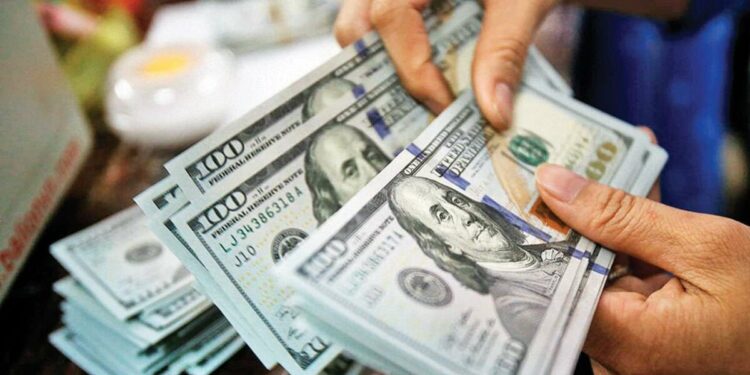The naira has held steady against the dollar in the parallel market, trading at N1,500/$1 on Friday, an improvement from Thursday’s rate of N1,510/$1. This stabilization comes as the Economic and Financial Crimes Commission (EFCC) intensifies efforts to curb illegal foreign exchange trading on the streets.
In the Nigerian Autonomous Foreign Exchange Market (NAFEM), the naira also saw a slight appreciation, closing at N1,482.8 on Friday, up from N1,485.7 the previous day.
EFCC’s Clampdown on Illegal Trading
The EFCC has recently implemented stricter regulations on Bureau de Change (BDC) operations and unauthorized street trading to combat speculation and stabilize the naira. This crackdown has led to numerous arrests in major cities including Abuja, Lagos, Kano, and Port Harcourt. Over 300 accounts linked to illegal forex trading have been frozen as part of these efforts.
Collaborative Efforts to Mitigate Forex Manipulation
The Securities and Exchange Commission (SEC) is collaborating with the EFCC to address manipulations in digital forex trading. According to Blaise Ijebor, the CBN’s head of risk management, street-level foreign exchange trading remains illegal, necessitating these regulatory measures.
Increased Capital Requirements for BDCs
In a move to further regulate the sector, the CBN has significantly raised capital requirements for BDCs. Nationwide operators now need a minimum capital of N2 billion, up from N35 million, while state-level operators must increase their capital from N35 million to N500 million. The BDC umbrella group is seeking a delay and reduction in these new thresholds.
Impact on Cryptocurrency Trading
This regulatory tightening follows the government’s plans to ban cryptocurrency transactions in naira, citing concerns over exacerbating currency volatility. The naira has depreciated by more than two-thirds against the dollar since the liberalization of Nigeria’s FX market last year.
Dollar Index and U.S. Economic Data
Meanwhile, the U.S. dollar index saw a slight decline on Friday, dropping by 0.3% to 104 points after five consecutive sessions of gains. Despite this, the dollar index increased by 0.2% over the week, buoyed by positive U.S. economic data showing increased shipments and new orders for capital goods in April, and higher business activity in May. These indicators suggest potential growth in business equipment spending, influencing market expectations regarding U.S. interest rates.
Bottom Line
As Nigeria continues to navigate its foreign exchange challenges, the EFCC’s crackdown on illegal forex trading and the CBN’s regulatory measures are critical steps towards stabilizing the naira. However, the broader economic implications of these policies will require close monitoring in the coming months.









